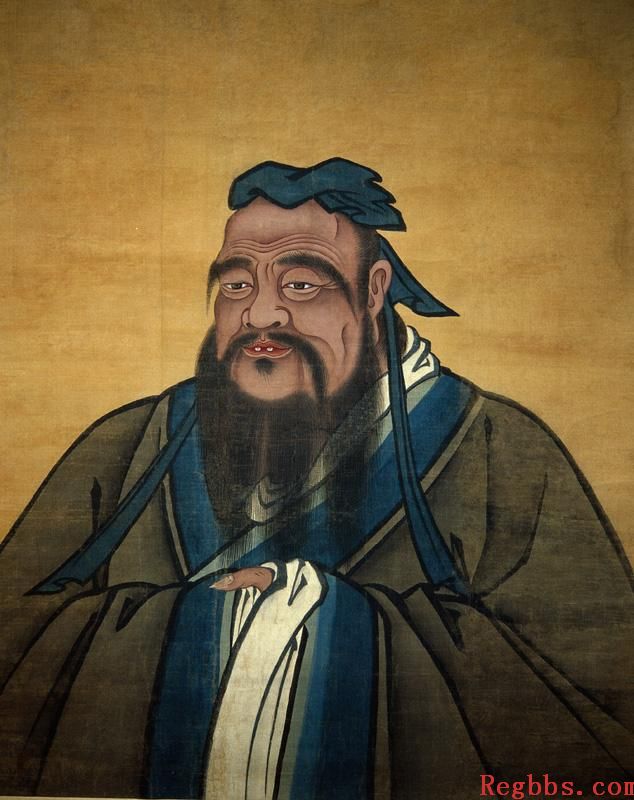Posted 2012/12/29
"If mankind wants to survive in the 21st century, they must recall what had happened over the past 2,500 years and draw on the
wisdom of Contucius," a Nobel Prize winner declared in Paris in 1988.
Breif Introduction of Confucious 1
Born in Qufu, China, Confucius (551一-479 B.C.) lived in the late "Spring and Autumn Period" (770-476 B.C.). His given name was Qiu but he was also called Zhongni. In his early years, his father passed away and the family fortunes took a turn for the worse. As a young man, Confucius held several minor official positions, then became attorney general and prime minister in his middle age; the
tenure of his offices were all very short.
Confucius founded Confucianism—the most famous philosophical school in the history of China. After the age of 54, he began travelling from one state to another preaching his doctrines. In his late years, he remained at home compiling and editing books. His
works include Book of Spring and Autumn, Book of Odes, Book of History, Book of Rites, Book of Music and Book of Change, which
are regarded as the classical works of Confucianism. His major sayings were written down in Lun Yu (The Analects).
Breif Introduction of Confucious 2
During his lifetime, Confucius lived in relative poverty. After his death, his philosophy continued to influence the Chinese people
for over 2,500 years. His doctrine on morality and ethics has had a great effect on their ideology, strengthening the unity of the nation and making it known to the world for its courteous dealings and solemn rites.
The kernel of Confucius' thought is Ren (goodness or benevolence), its form of ex-ression is Li (the Rites). He said, "Ritual, ritual! Does it mean no more than presents of jade and silk? Music, music! Does it mean no more than bells and drums? A man who is not Good, what can he have to do with ritual? A man who is not Good, what can he have to do with music?" From this it is clear that Confucius regarded benevolence more important than rites.